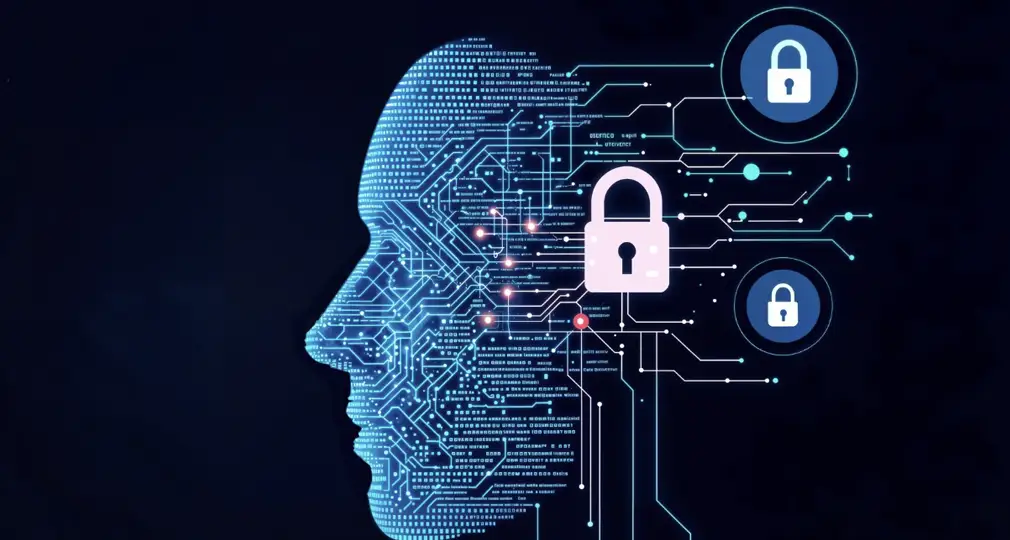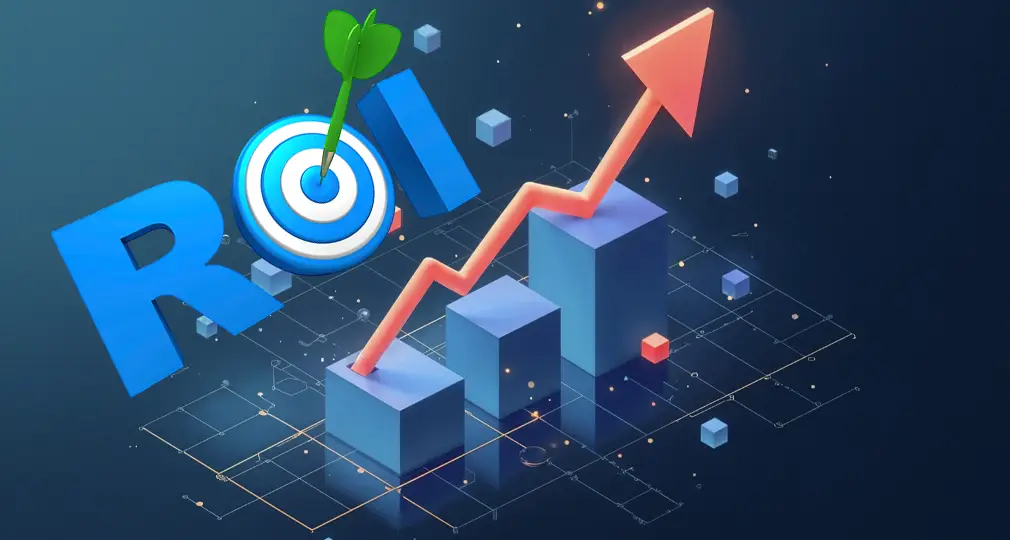Cybersecurity is increasingly becoming a political instrument, with countries forming alliances to protect themselves in the digital domain. In today’s interconnected world, products and services linked to the online environment must be secure by design.
Recent years have seen some of the most significant cyberattacks in history, many of them targeting trusted supply chains. In one high-profile case, hackers injected malicious code into a software update used by thousands of organizations worldwide. This allowed them to access sensitive databases and demand ransom for decryption. Similar attacks have hit multiple regions, with the United States and European countries among the hardest impacted.
The pattern is clear: ransomware incidents are becoming more frequent, sophisticated, and damaging. Governments are responding by creating dedicated cyber defense units to combat these threats. However, the cyber landscape remains difficult to regulate, and malicious actors operate openly — even showcasing their services at events where hacking tools, software exploits, and data intrusion services are offered for sale.
The Expanding Threat Landscape
Cybercriminals can now retrieve even deleted data from mobile devices, including messaging app conversations and email records. Despite advancements in secure communication tools, the reality is that device-level security remains the most important barrier against attacks. Weak passwords and easily guessable passcodes continue to be a major vulnerability.
Cybersecurity as a Growth Market
In both Europe and the US, the cybersecurity market has grown rapidly. The sector now consistently ranks among the top targets for venture investment — in some cases receiving more funding than advertising technology. Market data from major consulting firms shows that demand for cybersecurity services has risen by over 30% year-on-year, driven by the increasing frequency and severity of cyber incidents.
Crucially, cyberattacks are no longer limited to tech companies. A large proportion of attacks now target non-technology sectors, such as finance, healthcare, logistics, and manufacturing. This shift reflects the growing importance of cybersecurity across all industries.
Key Trends for the Future
- Global Cyber Alliances
New multinational partnerships are emerging, similar to military defense alliances, but focused on the digital battlefield. These coalitions enable member countries to share threat intelligence, coordinate responses, and strengthen collective defenses. - Protection of Critical Infrastructure
Safeguarding essential services — from energy grids to financial networks — is now a top security priority. This applies not just to government assets but also to privately owned infrastructure that plays a vital role in national security and economic stability. - Data Privacy and Regulatory Pressure
The protection of personal data remains a dominant theme. With evolving privacy regulations such as GDPR in Europe and state-level laws in the US, organizations face greater compliance demands. Strong data governance is no longer optional. - Fintech and Cybersecurity Convergence
Where money flows, technology follows. The fintech sector continues to grow, attracting both innovation and cyber threats. Payment systems, digital wallets, and blockchain applications are increasingly in the crosshairs of cybercriminals. - Workforce and Skills Shortage
The cybersecurity talent gap remains a pressing concern. Demand for skilled professionals far exceeds supply, creating opportunities for education, training, and international collaboration in workforce development.
The Road Ahead
The future of cybersecurity will be defined by cross-border cooperation, advanced defense technologies, and continuous adaptation to new threats. Organizations in Europe and the US must invest not only in advanced security solutions but also in cultivating expertise, improving resilience, and embedding security into every stage of product and service development.
In an era where the digital and physical worlds are increasingly intertwined, cybersecurity is no longer just an IT issue — it is a cornerstone of economic security and national defense.
Read more: Cash advance at casino with debit card











